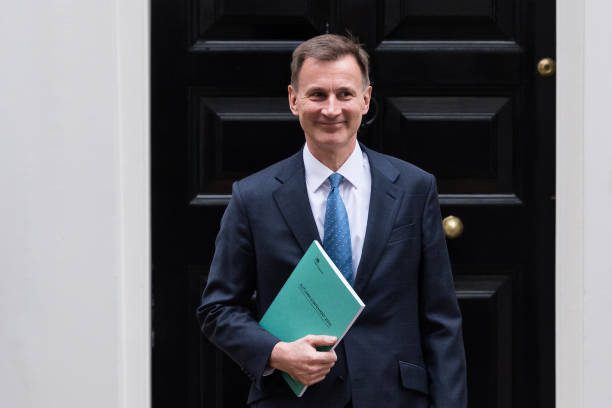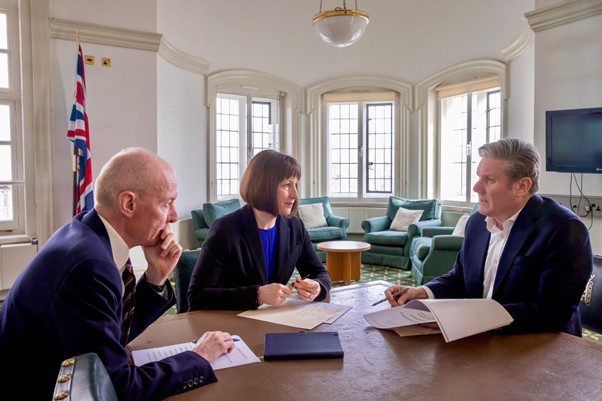GK Senior Adviser Robert Blackmore assesses the criticisms of the Apprenticeship Levy, from unspent funds to the over-provision of apprenticeships for affluent employees, and highlights the many contested proposals to reform the Levy.
While it may not dominate the front pages, the Apprenticeship Levy is fast becoming one of the more controversial areas of UK public policy. The Levy, which is charged at 0.5% of an employer’s total payroll, applying to those with a payroll of more than £3 million, is contested at several levels.
Government officials, however, would argue that they are attempting to find a delicate balance between keeping to a pre-determined budget, whilst simultaneously ensuring that provision for priority skills areas is enhanced. Ahead of November’s Autumn Statement, it was reported that Number 10 and the Treasury were considering plans to limit the number of degree-level apprenticeships. Chancellor Jeremy Hunt was said to be concerned that too great an amount was being spent on level 6 and 7 apprenticeships that tend to be filled by older and more affluent employees.
This proposal faced opposition from the DfE, while course conveners argued that high-level apprenticeships were “critical for the productivity agenda and fiscal sustainability”. Employers also pointed out that the allocation of funds should be their preserve, noting that the Levy was established to be “employer led”. Ultimately, no such proposals were included in the Autumn Statement. Instead, documents published alongside the fiscal event highlighted how apprenticeships had become a ‘prestigious and high-quality alternative route to higher education’. Despite its omission, it remains a topic of contention within Government.
Outside Whitehall, the calls for reform grow louder. Earlier this month, EDSK, a think tank focused on education and skills, proposed an even more radical overhaul of the Levy. Its report, ‘Broken Ladders’, recommended that individuals who have already achieved an undergraduate degree should no longer be eligible to start a levy-funded apprenticeship. It was also suggested that employers should be prevented from accessing further levy funding if they have trained more apprentices aged 25+ than those aged 16-24. EDSK believe that such reforms would ensure that the focus of the Levy remains on those young people who have elected to pursue a non-academic pathway. Unsurprisingly, EDSK has faced criticism from training bodies, most notably from Mandy Crawford-Lee, Chief Executive of the University Vocational Awards Council, who argued that “we should dismiss the false notion that apprenticeships are the only suitable for school/college leavers unable to reach the ‘academic’ standards needed to take them to university.”
Furthermore, last week, the British Retail Consortium (BRC), the National Farmers Union (NFU) and UK Hospitality (UKH), alongside others, issued a joint statement calling for the Government to develop a wider skills levy, for businesses to train up a greater number of domestic workers to plug the UK’s skills gaps. Helen Dickinson, Chief Executive of the BRC, went as far as to state “The government should stop dragging its feet so businesses can upskill our workforce.”
This position aligns with the Labour Party’s stated aim to “increase the quality as well as quantity of training opportunities” through a “growth and skills levy“. Such an expansion of the Levy, however, has faced criticism from officials inside the DfE, who estimate that plans to expand the Levy would limit the number of apprenticeship starts per year to 140,000 (down from 349,000 in 2021/22) and cost an additional £1.5 billion. It should be noted, however, that this analysis has been labelled ‘quite simplistic’ by Stephen Evans, Chief Executive of the Learning and Work Institute.
A Labour victory at the next election, expected in 2024, would provide a mandate for a ‘growth and skills levy’, yet the party have yet to fully expand on their policy, and it is unlikely that the future manifesto will delve too deeply. Many will hope reform to the Levy is not lost in the maze that is nascent government policy making.






